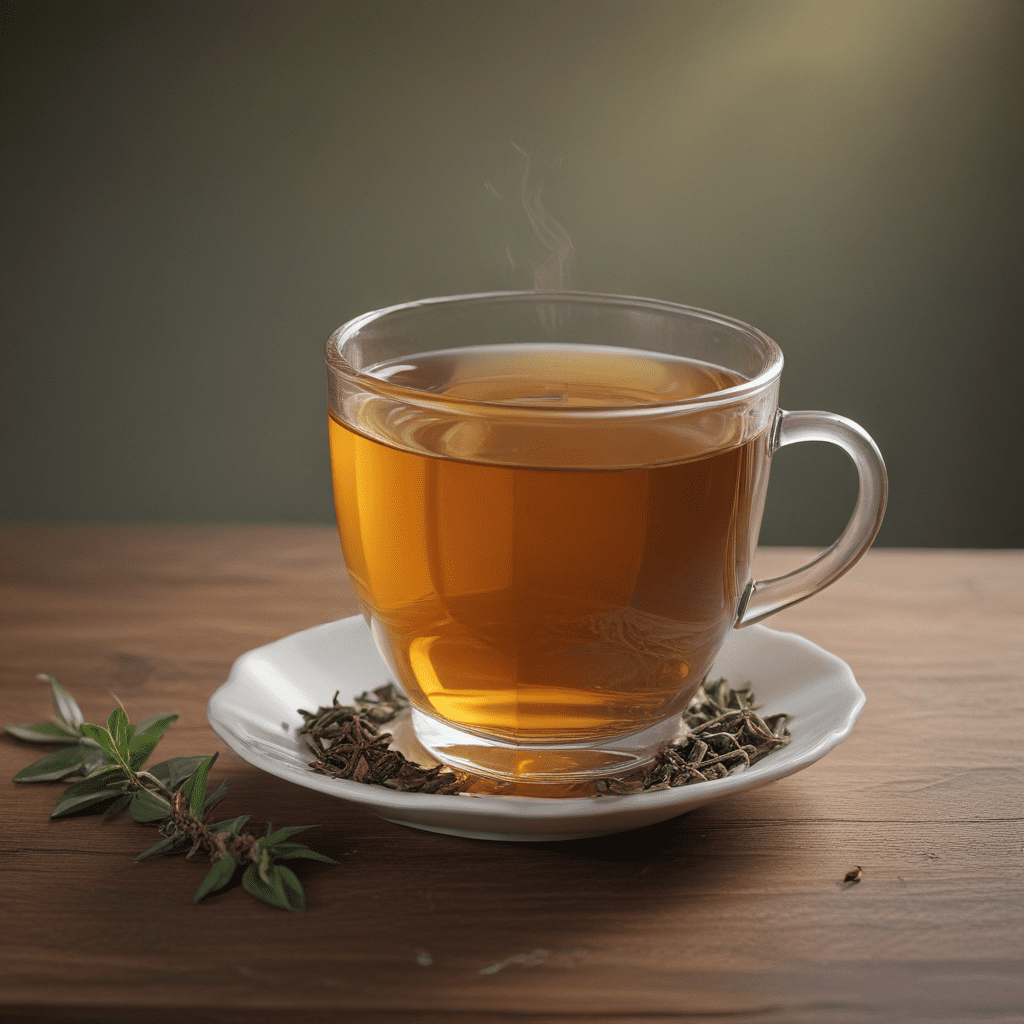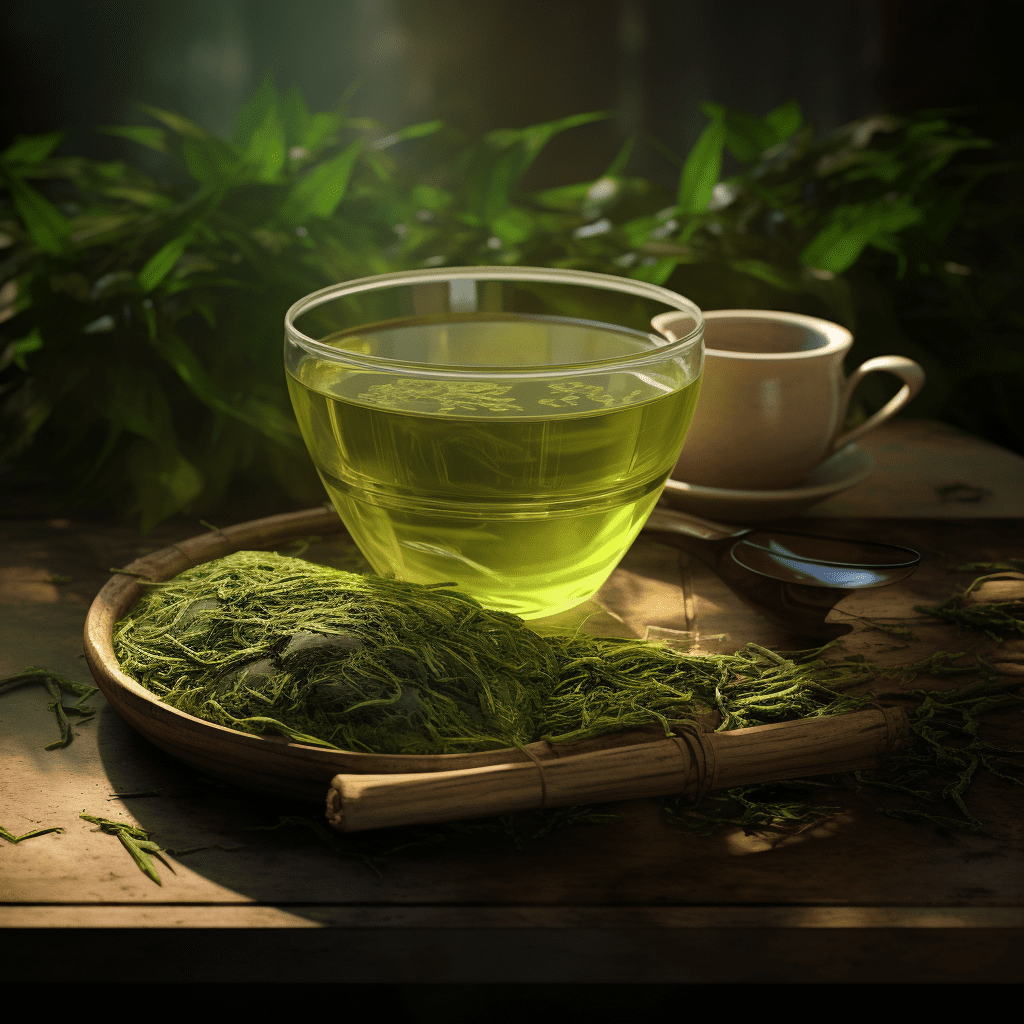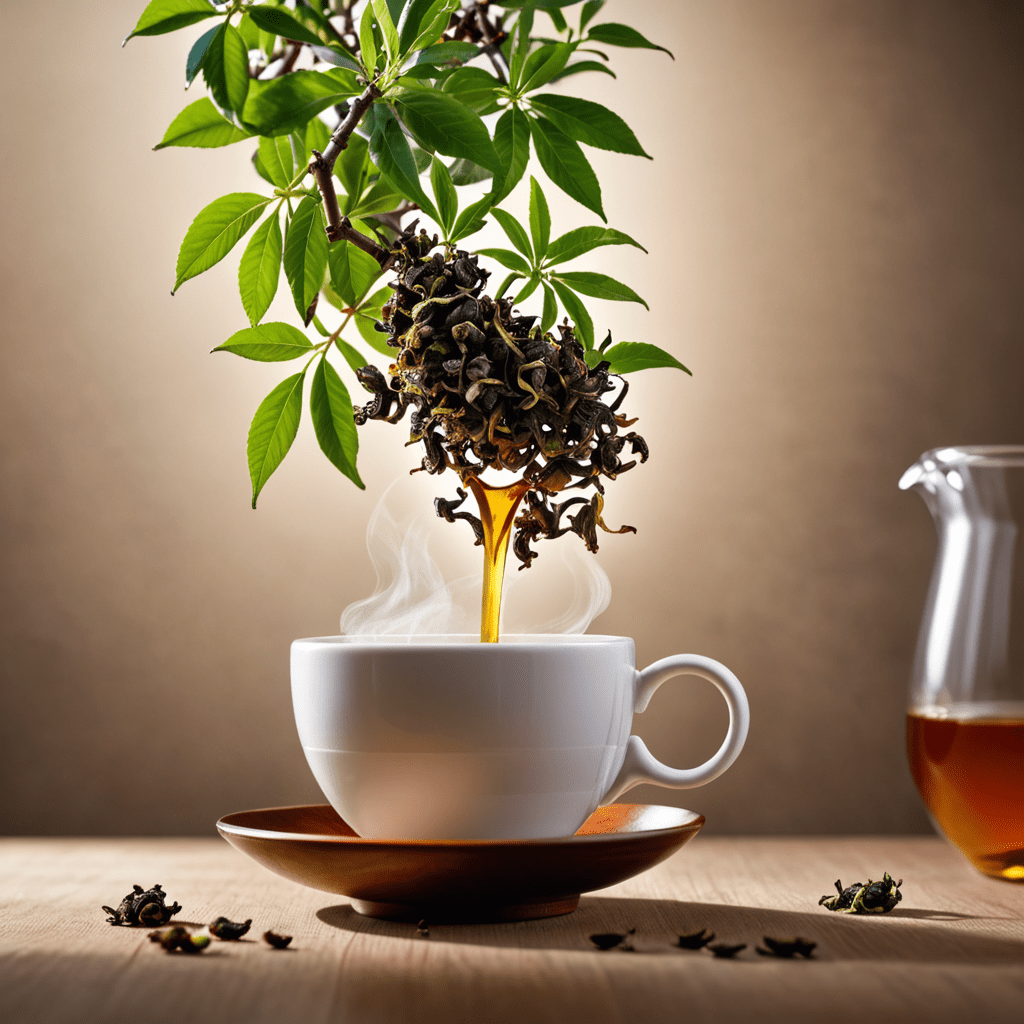
Embracing the Dawn with a Cup of Darjeeling Tea
As the first rays of dawn peek through the horizon, there's no better way to greet the day than with a steaming cup of Darjeeling tea. This aromatic elixir from the misty hills of India holds a special allure, inviting you to savor the tranquility of the morning and embrace the day's potential.
The Mystical Hills of Darjeeling: A Tea Haven
Nestled amidst the lofty peaks of the eastern Himalayas, Darjeeling is a tea-growing region renowned for its exceptional climate and picturesque landscapes. The rolling hills are carpeted with lush tea gardens, where skilled tea pluckers handpick the finest leaves to create the prized Darjeeling tea.
The Delicate Flavor Journey of First Flush Darjeeling
The first flush Darjeeling tea, harvested in early spring, is considered the pinnacle of tea excellence. Its delicate flavor profile is characterized by a symphony of floral notes, gentle astringency, and a refreshing finish. Each sip unveils a complex tapestry of flavors, reminiscent of freshly bloomed gardens and the crisp mountain air.
The Art of Brewing the Perfect Morning Cup
The perfect cup of Darjeeling tea begins with the art of brewing. Use freshly drawn, cold water to preserve the tea's delicate flavor. Heat the water to a gentle boil, approximately 185-195°F (85-90°C), to avoid bitterness. Steep the tea leaves for 3-4 minutes, allowing the flavors to fully bloom.
Awakening the Senses with Floral Notes
As the warm tea infuses the cup, the air fills with an ethereal aroma, carrying hints of jasmine, orchid, and rose petals. These floral notes awaken the senses, creating a sensory experience that transcends the act of drinking tea. With each sip, you'll feel invigorated and refreshed, ready to embark on the day ahead.
Balancing Harmony: The Role of Oxidation
Darjeeling tea's unique flavor profile is the result of a carefully controlled oxidation process. Oxidation refers to the enzymatic reaction that occurs when tea leaves are exposed to air. The level of oxidation determines the tea's color, astringency, and flavor. Darjeeling tea undergoes partial oxidation, resulting in a delicate balance between the fresh, grassy notes of green tea and the malty, robust flavors of black tea.
The Health Elixir: Antioxidant Benefits
Beyond its exquisite taste, Darjeeling tea is also revered for its health-promoting properties. It is a rich source of antioxidants, particularly flavonoids, which have been shown to protect against oxidative stress and reduce the risk of chronic diseases such as heart disease and cancer. Antioxidants in Darjeeling tea may also improve cognitive function and boost the immune system.
Mindful Moments over a Steaming Cup
Mindfulness is the practice of paying attention to the present moment without judgment. Darjeeling tea can be a powerful tool for mindfulness. The act of brewing and sipping tea offers a moment of respite, inviting you to slow down and savor the simple pleasure of the beverage. As you inhale the aroma and taste the subtle flavors, your senses awaken, and your mind becomes calm and focused.
Tea Gardens as a Sanctuary for Tranquility
The rolling tea gardens of Darjeeling are not just a source of livelihood; they are also a sanctuary for tranquility. Amidst the lush greenery and fragrant air, you can lose yourself in the beauty of nature. The tea gardens offer a serene setting for meditation, yoga, or simply taking a mindful walk. The peace and serenity of the surroundings will nourish your soul and leave you feeling rejuvenated.
Darjeeling Tea: A Legacy of Serenity for the Soul
Darjeeling tea is more than just a beverage; it's a cultural heritage that has been passed down through generations. The tea gardens, with their picturesque landscapes and tranquil atmosphere, have long been a source of inspiration for artists, poets, and writers. Darjeeling tea embodies the serenity of the mountains and the spirit of the people who cultivate it. With each sip, you connect to a legacy of tradition, craftsmanship, and the pursuit of harmony and tranquility.
FAQs
- What is the health benefits of Darjeeling Tea?
Darjeeling tea is a rich source of antioxidants, which have been shown to protect against oxidative stress and reduce the risk of chronic diseases such as heart disease and cancer. Antioxidants in Darjeeling tea may also improve cognitive function and boost the immune system.
- How does oxidation affect the flavor of Darjeeling Tea?
Oxidation is a carefully controlled process that determines the color, astringency, and flavor of Darjeeling tea. Partial oxidation results in a delicate balance between the fresh, grassy notes of green tea and the malty, robust flavors of black tea.
- Is Darjeeling Tea good for weight loss?
Darjeeling tea is a low-calorie beverage that may aid in weight loss. It contains caffeine, which can boost metabolism and increase energy expenditure. Additionally, the antioxidants in Darjeeling tea may help regulate blood sugar levels and reduce cravings.


